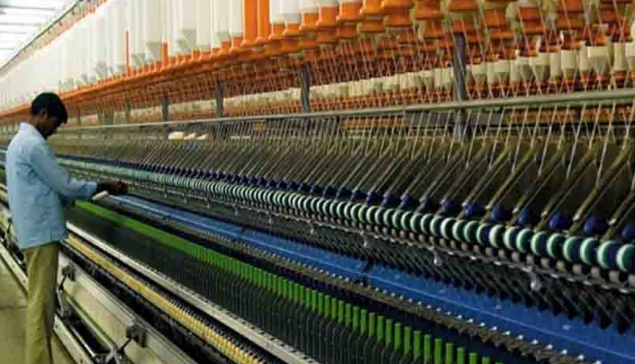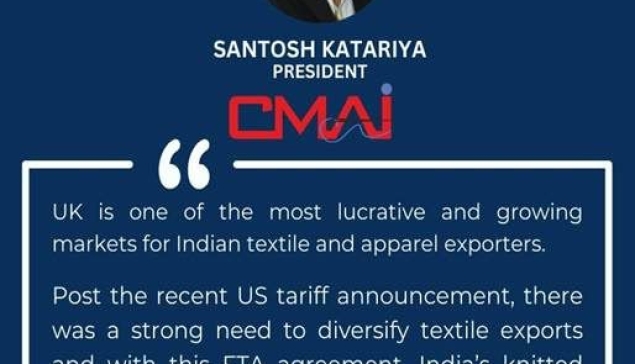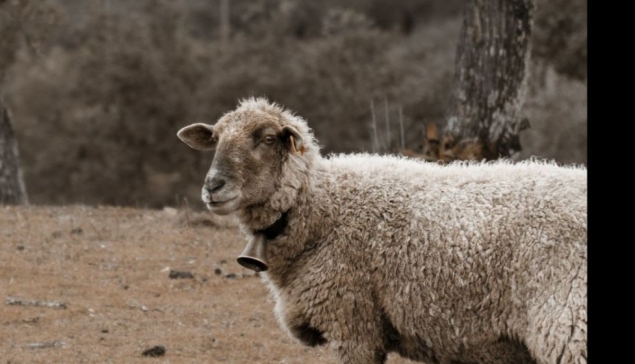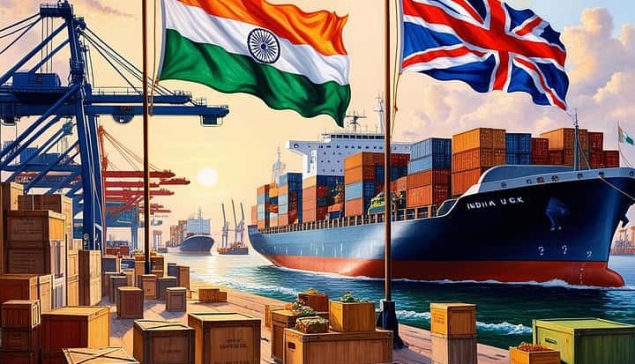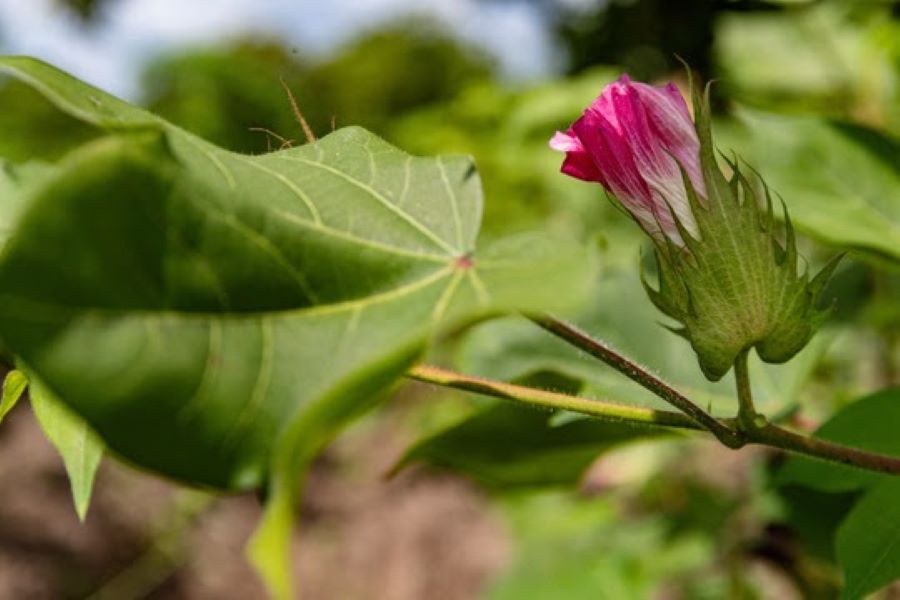The West African country of Benin is well on its way to establishing itself as a new procurement and production hub for textiles and clothing; these efforts include having locally produced cotton made into textiles for the global market.
The Aid by Trade Foundation (AbTF) is supporting this development through Cotton Made in Africa (CmiA), one of its sustainability standards, which not only provides a sustainable and local basis for textile production but also facilitates access to international markets.
Recently, a delegation of AbTF visited the CmiA project country of Benin for a first-hand look at the progress being made.
A major step forward in the development of an independent and sustainable textile industry in Benin is marked by the recent construction of a textile production centre south of Cotonou.
According to the textile park, 100 percent of the cotton used is verified by Cotton made in Africa; this underlines the sustainability standard’s position in the region.
“African textile production is gaining momentum, and Cotton made in Africa makes a major contribution to ensuring that sustainability plays a key role,” explains Gerlind Baz, a senior project manager at the Aid by Trade Foundation, during a visit to Benin, adding, “We are very pleased to support the development of a West African textile production sector here in Benin and to thereby further promote market access for sustainably produced cotton from Africa.”
Cotton made in Africa is a key player in sustainable cotton production in the region and an important partner for the global textile trade.
Thirty percent of cotton production across Africa is verified under Cotton made in Africa. The standard is active in eleven countries south of the Sahara, working with 20 cotton companies and around 900,000 small-scale farmers. In Benin, cotton has been grown under the CmiA standard since the initiative was founded in 2005.
Together with three cotton companies in Benin, AbTF is working through its CmiA and CmiA Organic standards to improve market access for cotton producers and to make people more resilient to the effects of climate change while protecting the environment and biodiversity. Worldwide, the standard has more than 2,700 partners in the textile chain.

